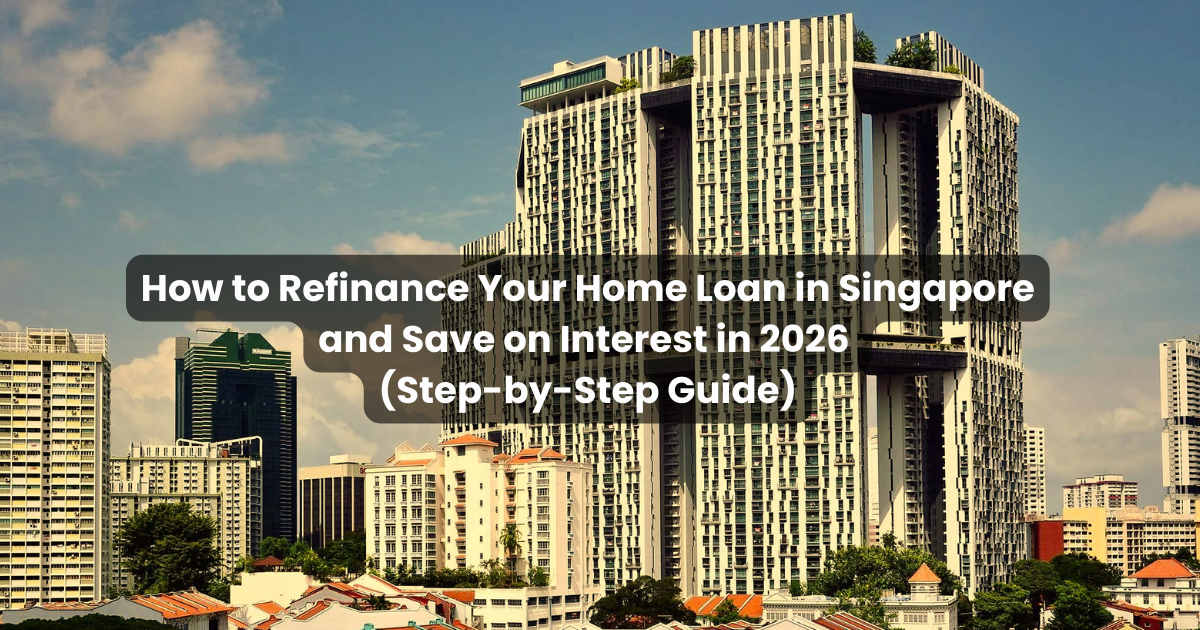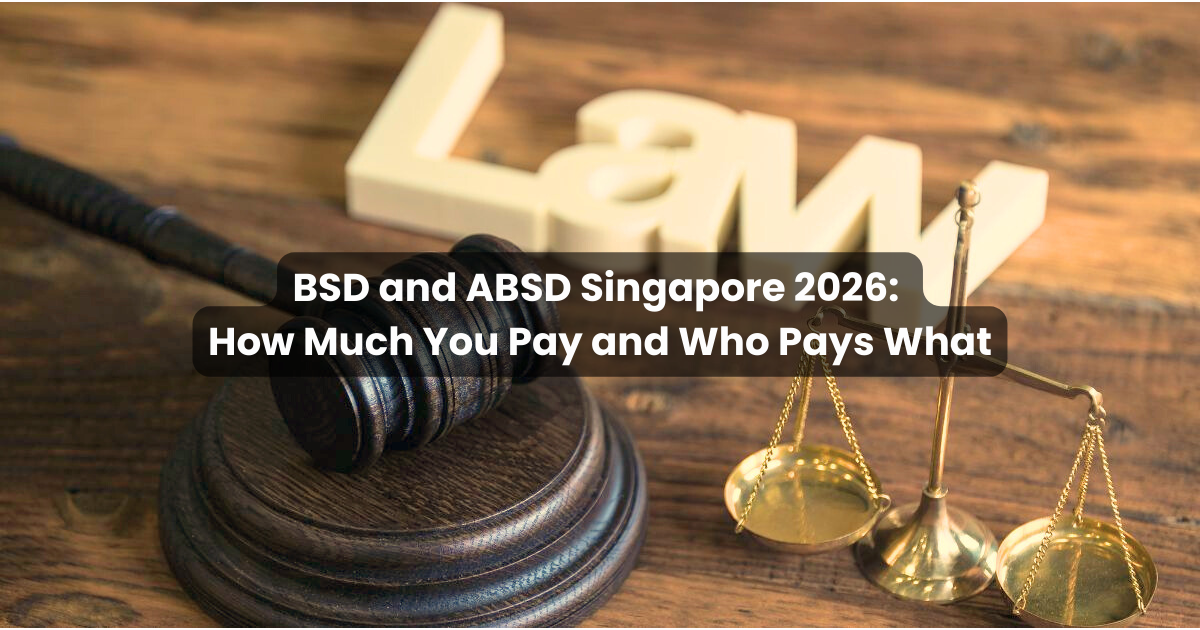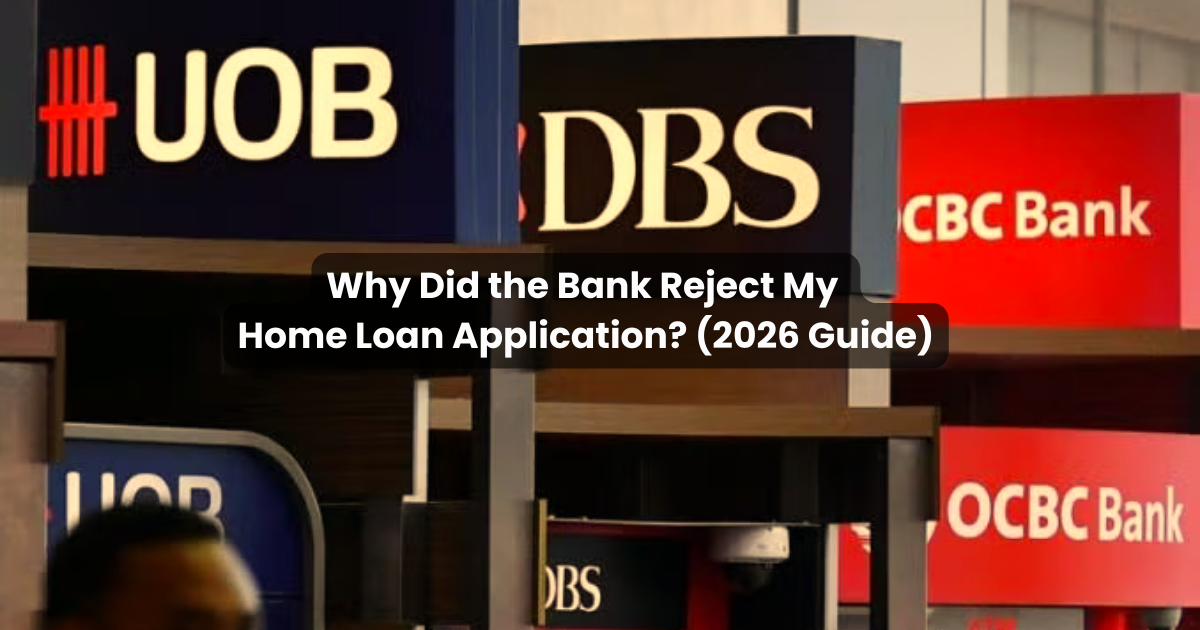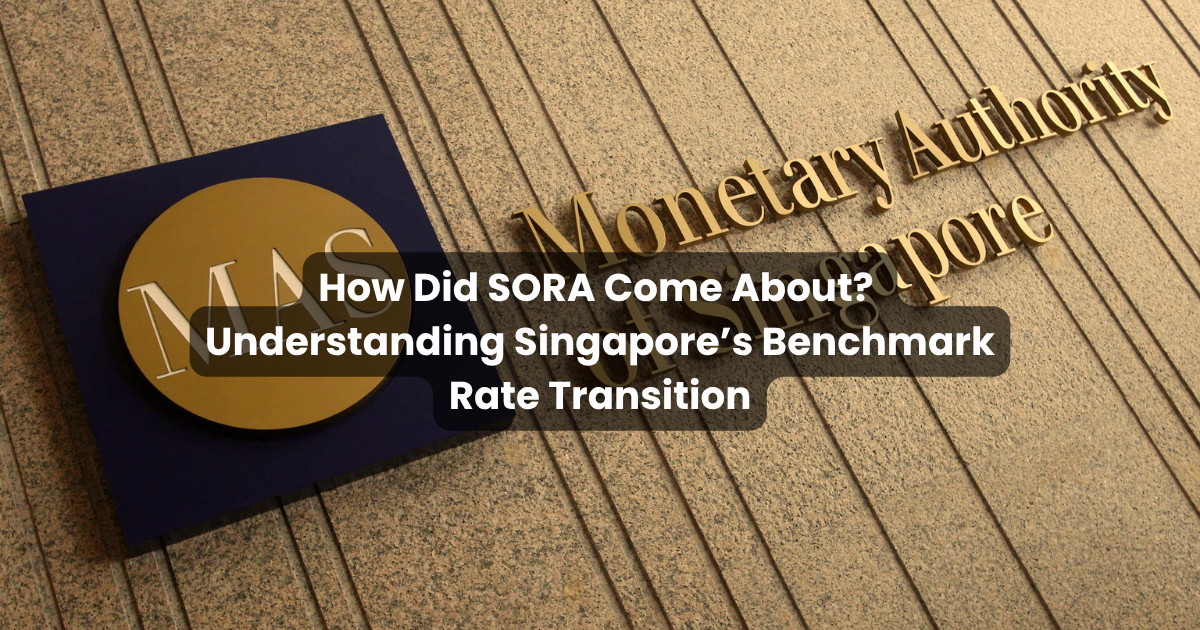- Insights & Updates
Latest News
By Chief Analyst
August 2, 2025With home prices continuing to climb and interest rates remaining elevated, the age-old question remains: Should you rent or buy?
Property Appreciation vs Interest Rates
Singapore’s property market in 2025 remains resilient. According to URA, the private residential Property Price Index rose 0.8% in Q1 and 0.5% in Q2, for a total ~1.3% gain in the first half of the year. CBRE expects full‑year growth of 3–4% based on limited new launches and strong household balance sheets.
On the public housing front, the HDB Resale Price Index climbed 1.6% in Q1 to 201.0, continuing upward momentum albeit at a slower pace.
All the while, 3‑month SORA (a benchmark for floating home loan rates) stands at ~1.82%, and banks are offering “fixed” rates as low as 1.90%.
As interest rates dwell at elevated levels, the clash between choosing fixed-rate Singapore home loans vs SORA+ spread floating options becomes ever more crucial.
Why Property Appreciation Can Outpace Rate Costs
Though interest rates today hover around 1.8–1.9%, projected property price appreciation often runs higher. Between slowing global growth and subdued inflation, the MAS’s exchange-rate, linked monetary curve remains cautious, delaying aggressive easing while keeping Singapore credit costs elevated.
But demand remains steady, propped up by tight supply from the GLS pipeline and HDB resale constraints.
Against that backdrop, a 1%+ quarter-on-quarter property price gain can outweigh even a mortgage rate of 1.8%, especially when the loan amount is leveraged over time. That said, buyers who lock in a 1.90% fixed-rate may benefit if floating SORA remains above 1.55–1.60% over their fixed term.
If SORA were to fall to 1.5%, borrowing at floating (e.g. 3M SORA + 0.35% = ~1.85%) could cost slightly less, but price growth may still justify buying sooner rather than later.
Renting in Singapore: Rising Costs and Lost Equity
Renters are not immune to market inflation. URA data shows private residential rentals rose 0.4% in Q1, hitting record highs in segments like OCR and RCR where rental demand outpaces supply. For many mid‑income tenants, rent as a percentage of household income remains above 30%, slowly eroding savings potential year after year.
When comparing renting vs buying in Singapore, it’s crucial to recognise that while rent keeps rising, owners build equity, whether in HDB or private property. If property rises 3 to 4% per year, and mortgage rates stay at or below 2%, buying, even with a floating rate, can provide financial upside over the long term despite its interest costs.
Waiting for Interest Rates to Drop: A Risky Gamble
Surveys show about 1 in 5 Singaporeans have delayed purchasing a home expecting mortgage rates to fall further, but market trends suggest this bet can backfire. Property price indices continued rising in H1 2025, while MAS has held monetary policy steady in July 2025, citing improved Q2 GDP (1.4% q‑o‑q) and easing trade tensions, leaving borrowing costs elevated despite inflation cooling.
Although bond yields suggest a gradual move lower later in 2025 or 2026, the Federal Reserve’s dot‑plot median still forecasts interest rates at around 3.75–4.0% by year‑end in the US, implying the SORA could linger at 1.5‑1.6%, not plummet overnight.
By delaying, buyers risk losing equity gains, and when interest finally falls, property price levels could be higher, offsetting any mortgage savings. Moreover, missing out on early home ownership has emotional and financial costs.
Deciding: Tailor Your Loan to Risk Appetite & Market Views
Whether to fix or float hinges on your risk appetite and holding timeline:
- If you’re conservative, lock in a fixed-rate package. A 1‑year fix at 1.90% shields you from quarterly SORA resets and offers repayment predictability against sudden rate hikes.
- If you’re balanced or aggressive, opt for 3M SORA + ~0.35%, currently ~2.17%. If SORA falls, you’ll benefit, but if not, repayments could edge higher.
- Consider a hybrid approach: part‑fixed, part‑floating package can balance the downsides.
- Renters should compare full monthly rental outlay vs mortgage + maintenance cost. Even modest property gains can give a net advantage over renting.
Your circumstances, total loan quantum, income stability, HDB vs private, expected sale or upgrade horizon, should guide your choice. That’s why speaking to a Fairloan Mortgage Consultant, or any qualified mortgage strategist, is critical. They can personalise a strategy aligned with your goals and risk profile:
Final Takeaways
- Property price appreciation (~3‑4% annually) still outspeeds borrowing costs, even at ~1.9%, creating potential equity gains.
- The risk of waiting for rates to fall includes lost purchase opportunities and higher future home prices.
- Renting results in escalating outflow without asset building, and smarter buyers weigh that against mortgage costs.
- Your risk tolerance and time horizon dictate whether fixed, floating or a hybrid makes sense.
- Most importantly, speak with a Fairloan Mortgage Consultants. We help tailor a home loan structure that aligns with your financial goals, capacity to absorb rate changes, and flexibility needs.
Ultimately, interest rate levels matter! But so do timing, property appreciation, and your repayment comfort. By combining data-driven strategy with expert guidance, you stand a better chance of achieving a financially sound decision, right for Singapore’s 2025 landscape.
Explore related content by topic
SORA replaced older benchmarks like SIBOR and SOR as part of Singapore’s shift toward transparent, transaction-based interest rates. Backed by MAS and grounded in real market data, SORA offers greater stability, fairness and clarity for borrowers choosing modern floating-rate home loans.
Many Singaporeans chase the lowest home loan interest rate, but in 2025 the cheapest option isn’t always the best. Lock-in periods, floating rate risks, hidden fees, and flexibility matter just as much as the headline rate. Learn why choosing wisely between bank fixed, SORA floating, or HDB loans can save you more in the long run.






